Tony Leung Chiu-Wai is one of the most influential Asian actors, and amongst the best actors of his generation he holds a special place as an actor better distinguished for dramatic interpretations rather than those counting on action and comedy. His initial ride to success was as a fashionable television face, being known as the Small Tiger amongst “The Tigers” of Hong Kong TV. He came into international prominence in 1989, when he starred in “A City Of Sadness”, the first instalment of Hou Hsiao-Hsien’s Taiwanese History Trilogy that went on to attain the Golden Lion. In the 1990s, he ascended to evolve into one of the most highly esteemed big-screen actors of his era due to a terrific working connection with Wong Kar-Wai, numbering at seven collaborations over twenty-three years.
Also, Read: 7 Things You Didn’t Know About Wong Kar-Wai’s In The Mood For Love
Apart from Hou and Wong, Leung has teamed with the best Sinophone directors of the past forty years, comprising the likes of John Woo, Zhang Yimou, Ang Lee, Johnnie To, and Patrick Tam Kar-Ming. The utterance of his name immediately brings forward an ambience of a well-dressed man, expression saturated in the tints of melancholy, with a cigarette hanging between his lips, smoke emanating from it up a photogenic progression. Nevertheless, Leung has also tried his hands at action and comedy. It was for his comic timing and performances that he first became famous as a television star, and he has been a part of a substantial figure of both wuxia and action movies with contemporary setting.
10. My Heart Is That Eternal Rose (1989)
Hong Kong New Wave director Patrick Tam Kar-Ming is prominent amongst the cinephiles for being the mentor of Wong Kar-Wai, but he is more than barely a coach. One of the greatest filmmakers of Hong Kong cinema, his films are defined by vigorous colours and shadows of grief. His 1989 release is yet another specimen of his aesthetic genius, although it is a fraction weaker than his previous works, primarily due to a substandard principal acting performance by Kenny Bee. The gangster-romance genre functions best with a charismatic hero, a factor that Bee fails to contribute.
Related Read to Tony Leung Chiu-Wai Movies: Every Bong Joon-Ho Film Ranked
Nonetheless, Joey Wong and Tony Leung Chiu-Wai virtually make up for Bee’s inadequacy of quality. Leung plays Cheung, one-third of the triangular relationship that constructs the story. He enters the plot a little late into the runtime and in the second half proves to be an indispensable ingredient of the tale, with his involvement running all the way up to the finale. Leung earned his second Best Supporting Actor prize at Hong Kong Film Awards for his portrayal. Still, another 1989 performance lies up ahead on the list.
9. Chungking Express (1994)
“Chungking Express”, which contains two loosely related anecdotes of two Hong Kong policemen combatting depression, has become one of the most iconic movies in the annals of cinema. Encompassing the world of ambiverts, the film grasps the pre-1997 distress and turmoil that engulfed, yet never managed to smash free of the liveliness of Hong Kong. Illuminated by the essence of music, neon lights and courtships, it benefits from the gifted cinematography furnished by Christopher Doyle, who also shot the previous film and many upcoming films on the list.
Also, Read : 10 Movies With A Surprising Second Half
Each of the five crucial performances is well-remembered. Tony Leung Chiu-Wai plays Policeman 663, whose technique to battle post-breakup despair is to wriggle into a realm of his own where household commodities are personified. His remarkable rapport with the vibrant Faye, played by iconic vocalist Faye Wong, ushers into some of the most impressive junctures of the dual anecdotes. The picture of a checkered-shirt-wearing 663 spreading out the spirit of melancholy while Doyle’s step printing stalls the world outside his heart is unforgettable.
Read The Complete Review of Chungking Express Here
8. Happy Together (1997)
Pride Month never fails to initiate additional vitality into the discussion of LGBTQ+ movies, and Wong’s 1997 release is amongst the most discussed, with much of its acclaim originating from the impression that Wong behaves toward it as yet another of his perpetually romantic fictions by entirely normalising gay romance. Argentina is the location and its music and society are blended into the tale’s identity, although the characters, following an internecine separation, are further solitary than ever before. The question of home is equally valuable as romance, keeping in mind the tense socio-political circumstance following the handover of Hong Kong.
Related Read to Tony Leung Chiu-Wai Movies: Every Park Chan-Wook Film Ranked
Tony Leung Chiu-Wai, who was allegedly coerced into becoming a part of the film without the tiniest evidence of him playing a homosexual character, plays Lai Yiu-Fai, supposedly less self-destructive than his ex-partner Ho Po-Wing, but with an intense sense of gloom pursuing his soul throughout the narrative. The justification for the suffering is his awareness of the fact that it is his outrageous possessiveness that shatters the bond. Leung’s apparent deprivation of comfort in executing the character proves no obstacle as he and Leslie Cheung provide incredible performances in a devastating movie.
7. Infernal Affairs (2002)
Infernal Affairs is, without the feeblest likelihood for concern, the most influential Hong Kong film of the 21st century. It gave rise to a much-needed freshness to crime films in Hong Kong, and its magnificence was such that Martin Scorsese directed a remake. Post-handover identity crisis obnubilates the gaslighted characters. The police put a mole in the lair of the gang. The gang sets a mole in the den of the police. Hereafter begins a vicious competition of hide-and-seek. Blood is shed, misery is assembled and past returns to plague the present. The title references hell, the opening demonstrates it and the narrative captures the experience of it.
Related Read: Kiss Of The Rabbit God (2019): The Essence Of Emulation
Tony Leung Chiu-Wai, displaying a moustache, is Chan Wing-Yan, a mole positioned by the police into the triad world. After about a decade of inhabiting an unlawful life, he suffers from identity disturbance, although in his chore he is diligent. Leung’s performance is alluring, partially due to his precise perception of melancholy being desirable for the tale’s grim climate. In a scene, a furious Chan receives a watch as a gift from his boss, an unmistakable callback to an equally noteworthy film that lies further up the list.
6. Hero (2002)
With the turn of the millennium, arthouse darling Zhang Yimou evolved to be doubtlessly mainstream, smashing through the barrier with a grand film that behaves as, if nothing else, an incomparable optical delight. It has every privilege to be exuberant, as “Hero” is a superbly designed wuxia, anchoring its narrative with the typical mystery of Rashomon Effect. Although the excellence of its execution can be disputed, its audiovisual grandeur recovers extensive areas of its stature. Twofold concepts of love and home contour the core of the saga and discord forms over the disparity in the notion of home.
Related Read to Tony Leung Chiu-Wai Movies: 10 Essential Japanese Silent Films
Tony Leung Chiu-Wai’s character, Broken Sword, a calligrapher and assassin, is implied to be the most gifted individual in the tale. Even his smartness, however, cannot take away the distress he senses from his wandering nature. He craves nothing more than the certainty of a home, where he can dwell with his beloved for the remainder of his life. His romance with Maggie Cheung’s Flying Snow is hampered by their contrasting vision of home. Yet he remains persistent in his idea. Leung is yet again gloomy, and his personality deserves the treatment. He works with some of the best contemporary performers and maintains his position as the potentially best performer amongst the flashier performances by the likes of Cheung, Jet Li and Zhang Ziyi.
5. Flowers Of Shanghai (1998)
Hou Hsiao-Hsien follows up his first gritty crime drama with yet another historical fiction. The arena, however, has transformed. Taiwan is no longer Hou’s focus, as he turns his sight to a specific point in Shanghainese chronology. Shanghai is, at that juncture, a prominent hub and as with other major cities, there develop a faction of affluent hubristic tradesmen/noblemen/civil servants whose day-to-day existence principally comprises of gambling and paying visits to courtesans. These courtesans are the titular flowers, and their personal lives and yearnings generate much of the movie’s narrative.
Also, Read: Ozu’s Equinox Flower (1958): The Autumn Of The Patriarch
Tony Leung Chiu-Wai plays Master Wang, a prosperous man of the aforesaid denomination, with one of the most unique looks in the actor’s career. Amongst the pampered men, he is one with an exceedingly cheerless inclination. In Shanghai of the past, the blossoms are elegant, and the movie, largely shot on illumination via burning candles and lamps, look gorgeous. Wang, however, comprehends that this opium-soaked magnificence is a mirage to divert people from the inevitable instability that encircles them. The reality demoralizes him and while he continues being a socializer, his laughter is rigidly formal; his personal life remains an exercise in melancholy.
4. Hard Boiled (1992)
The presenting of watch moment in “Infernal Affairs” is an explicit reference to a similarly influential film, John Woo’s crime-action showdown that leaves a spectator no opportunity to blink amongst the pandemonium that transpires on the screen. Set-piece after set-piece occurs, as Chow Yun-Fat’s Tequila verifies himself to be the embodiment of his titular infamy. An extravaganza of chaos and bends, it has an intentionally built edgy posture to strengthen the unruly experience. The film, in general, is a showcase of the diverse and continually conflicting assumptions on ethics.
Similar Read to Tony Leung Chiu-Wai Movies: 10 Essential Argentinian Films of the Decade (2010s)
Alan is the most fascinating character in the film. Played by Leung, His venal outlook is the basis of much of the spectator’s intrigue in the first half, and he becomes the reason for much of their astonishment in the second. His perception of integrity is the most confused, and his fantasy of rinsing his body in the permanent glow of light implies the presence of a dreamer. Leung proves to be an excellent action star, as he holds his own while sharing the screen with the incredible Chow. “Hard Boiled” is unforgettable, and so is Leung’s Alan.
3. In The Mood For Love (2000)
Initially conceived as “A Story Of Food“, Wong’s 2000 masterpiece is a narrative sequel to “Days Of Being Wild. For a film engulfing itself in a spirit of gravitas, “In The Mood For Love” is surprisingly romantic. Much of its romance lie outside of the focal association; the film is Wong’s love letter to the Hong Kong he grew up in: the streets, the cuisine, the melody, the literature, the temperament. His usage of repetition is alluring. It is his strategy to osmotically transport his amour for bygone days to watchers without experience of the ’60s Hong Kong life.
Related Read: In The Mood For Love (2000): Quizas, Quizas Quizas
The connection between Chow Mo-Wan and Su Li-Zhen is the narrative centre. The duo, played by Leung and Maggie Cheung respectively, are unanimously considered to be two of the greatest characters formulated for cinema. Leung’s Chow, formerly seen during a microscopic sequence near the end of “Days Of Being Wild”, is yet another exercise in melancholy, but in this case, the nuanced portrayal incorporates beams of hope, joy and fantasy. He lives through the flowery years and when the age of maturity knocks on his door, he misses the epoch remarkably, perhaps a reminder of Wong’s longing for the past. Leung earned Best Actor at Cannes for his performance and the bigger score of an eternal spot in the history of cinema.
Read The Complete Review of In The Mood For Love Here
2. A City Of Sadness (1989)
Taiwan has an extended record of sorrow. No sooner did their subjugation by the hands of Japan end than the Republic of China Government flee from the mainland to turn the island into their headquarters. One occupation led to another and the Taiwanese were shortly forced to commence a socio-cultural tug of war against the mainland Chinese who entered alongside the Kuomintang. Hou’s Golden Lion winner covers a vital segment of the island’s history in between the two regimes and is one of the first films to depict the atrocities of the White Terror.
Related Read to Tony Leung Chiu-Wai Movies : The 30 Best Korean Movies of the 21st Century
The Lin Family is the focus of the film. Tony Leung Chiu-Wai plays Lin Wen-Ching, a deaf, likeable photographer with leftist sentiments. In one of his most important accomplishments, Leung exhibits a panoply of emotion as an indispensable component of one of the finest instances of Hou’s striking formalism. As long as Lin Wen-Ching remains optimistic, the audience remains the same. It is his character that binds the story of the film and it is Leung’s immaculate performance, encapsulating trauma, satisfaction and inevitability of alterations induced by time in compact, unforgettable expressions and actions, that shines the most luminous.
1. 2046 (2004)
Wong Kar-Wai’s world is drenched in two elements: the reflection of neon lights off the physiques of deserted human beings, and their Antonio-esque gloom that knows no end. “2046” is the aesthetic zenith of his creations, and his most politically vocal film yet. The title is an immediate reference to the end of Hong Kong’s special status leading to complete assimilation into China, a procedure that has unfortunately started sooner than anticipated. It is the third instalment in Wong’s Love Trilogy, and a not-so-loose sequel to “In The Mood For Love“.
Related Read: A Love Letter To Wong Kar-Wai’s In The Mood For Love
Chow Mo-Wan is back, and this time around penning has taken possession of his spirit. Dazed by the impossibility of a return to the flowery days, he curls into the world of his science-fiction book, and into affairs with multiple women, including one with an all-too-familiar name. Leung has always delivered his strongest performances as gloomy figures, and here he is at his absolute best. Frustration, discontentment and despair construct the crux of his performance, as Chow drowns in a bibliophile’s nightmare, incapable to return to the past or to submit to the future as it is. The introduction of the list discussed a concept of Tony Leung Chiu-Wai, and in that imagination does the list end

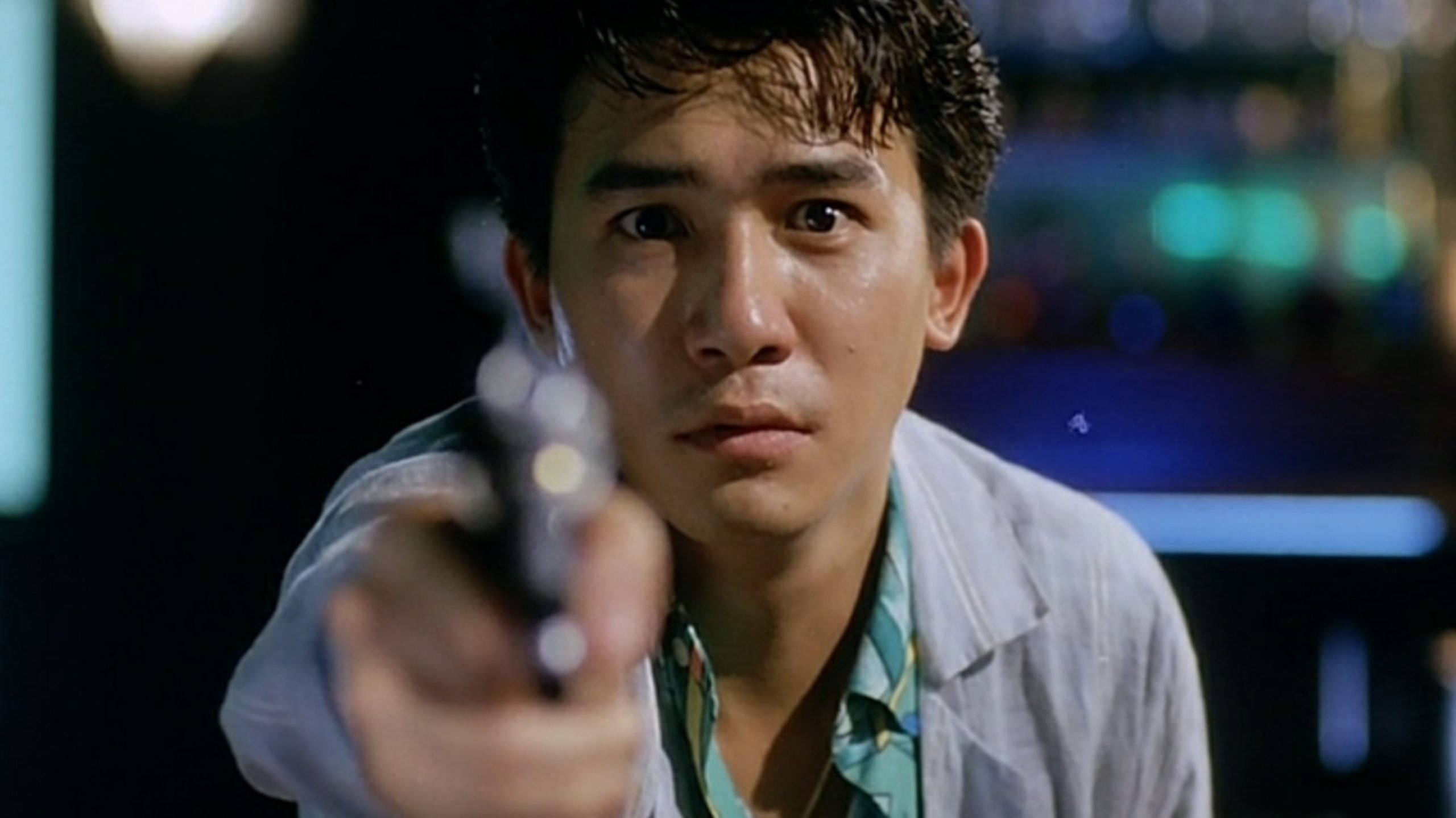
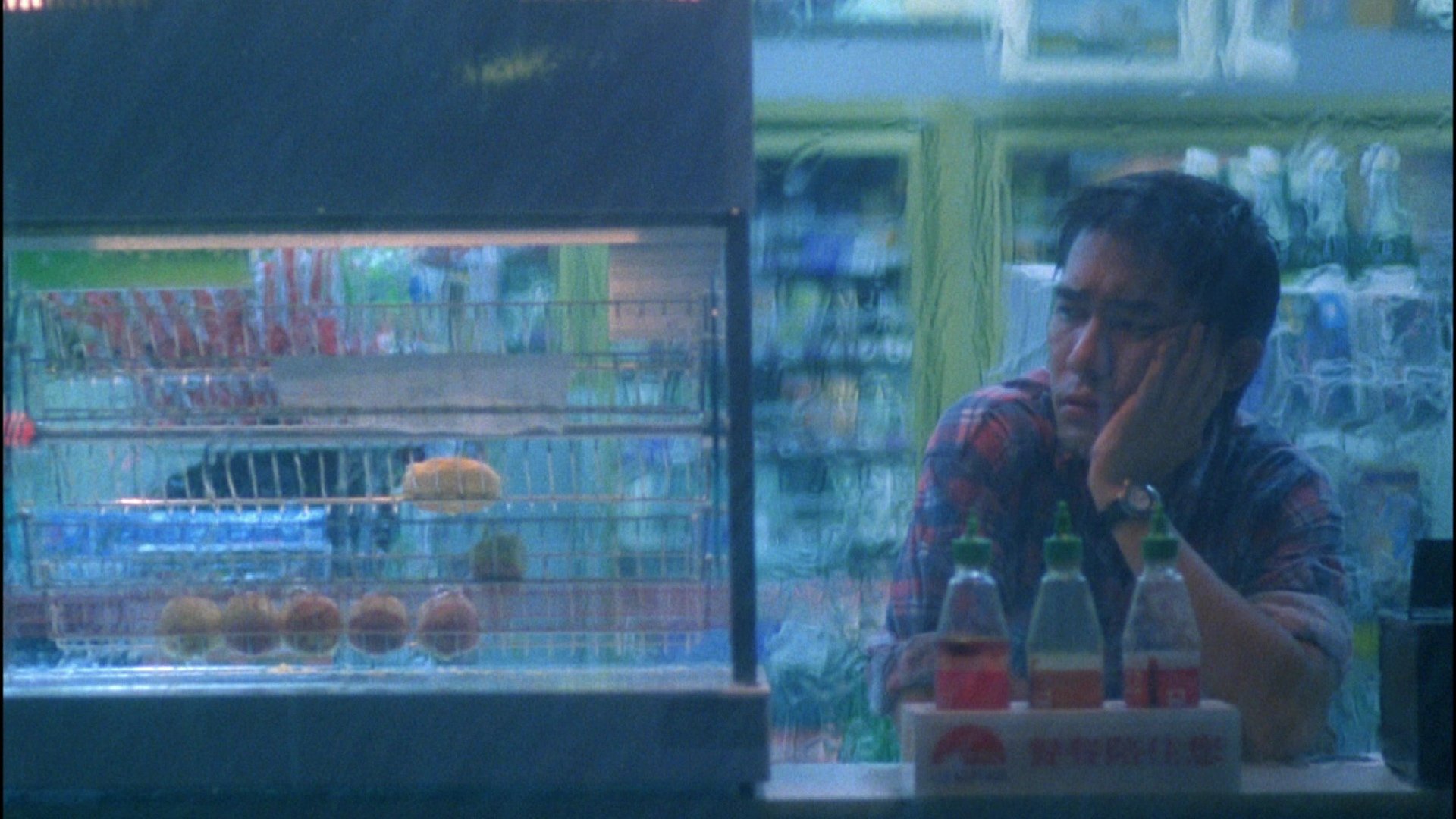
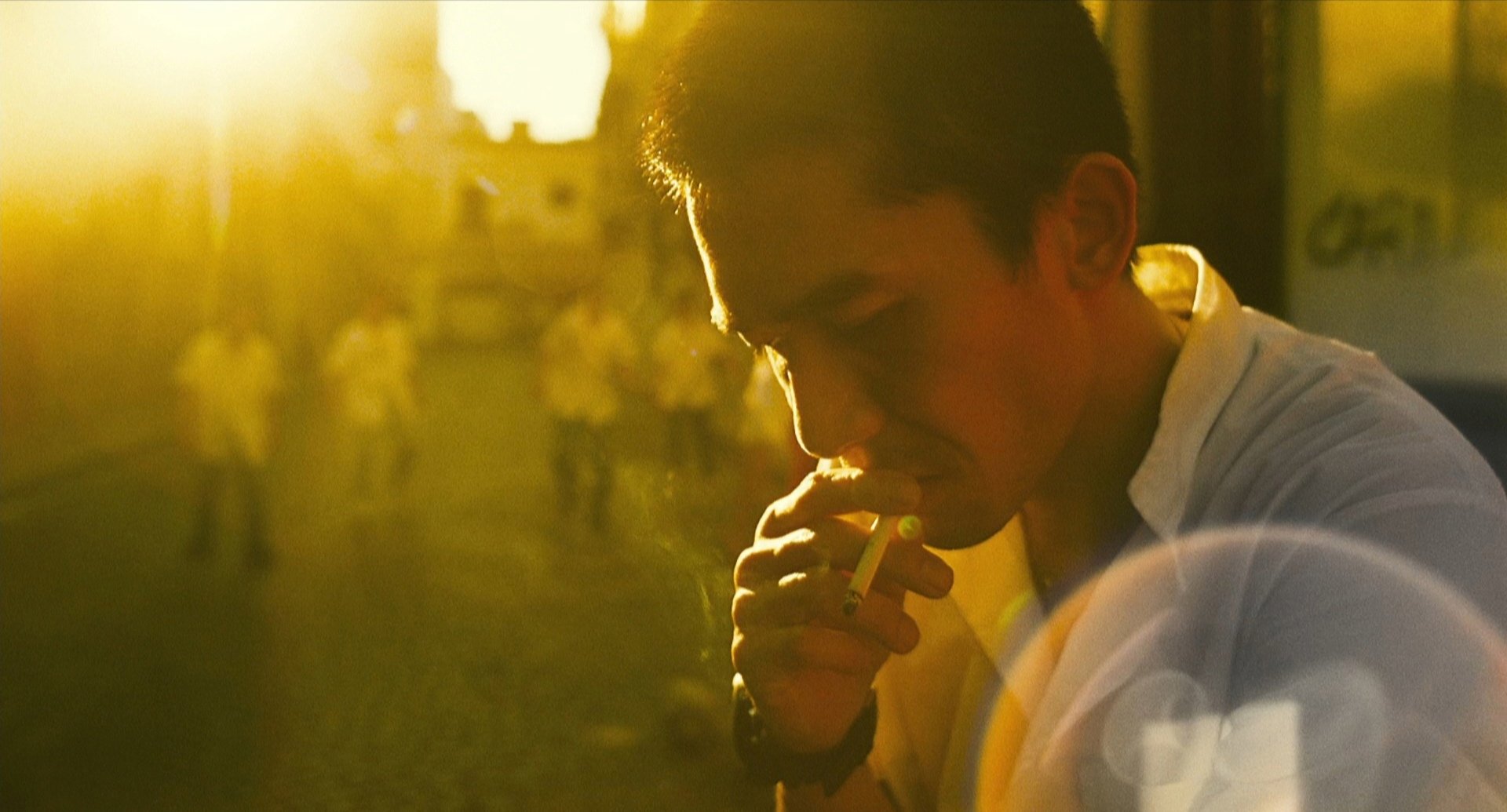
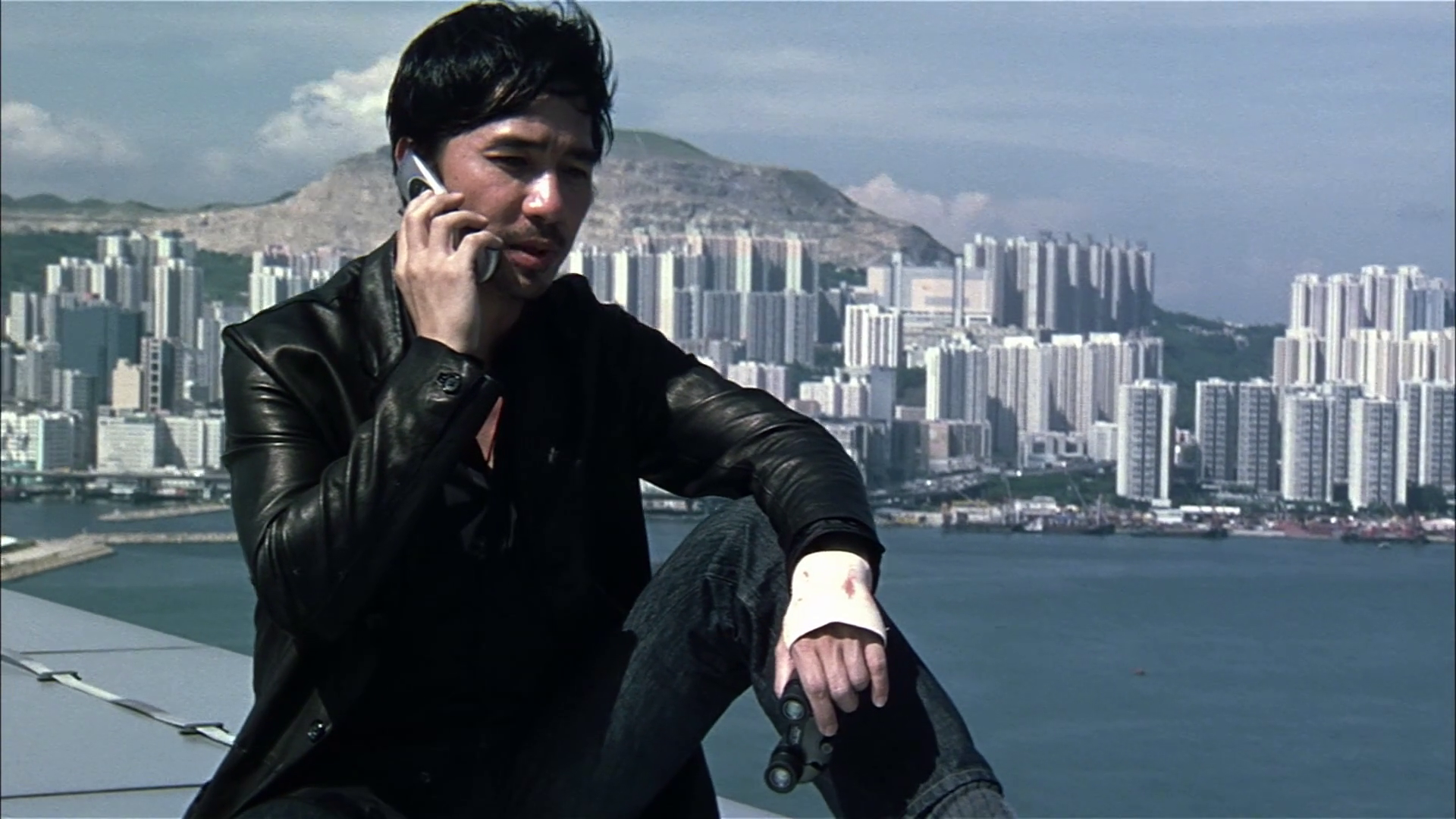
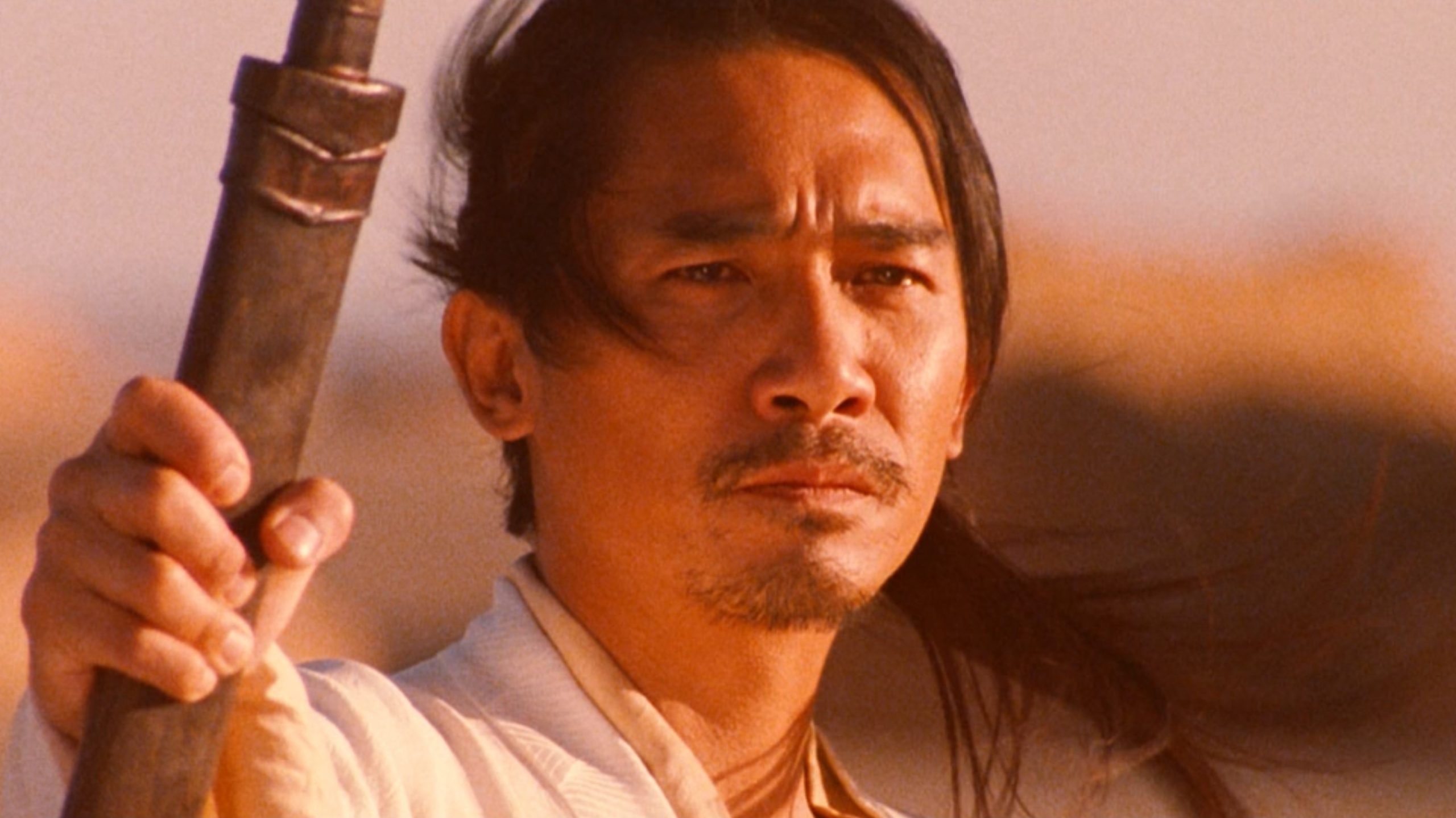
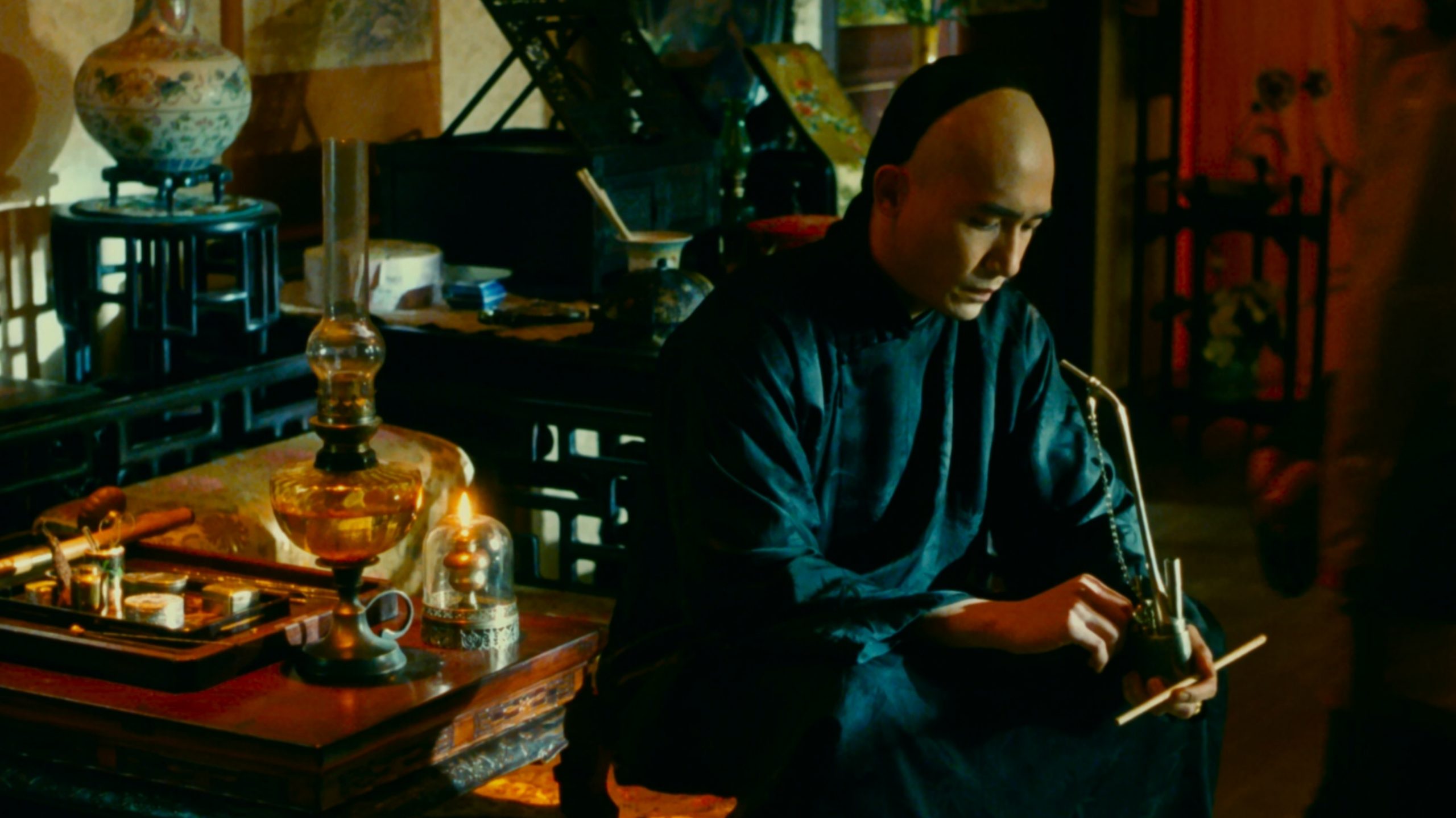
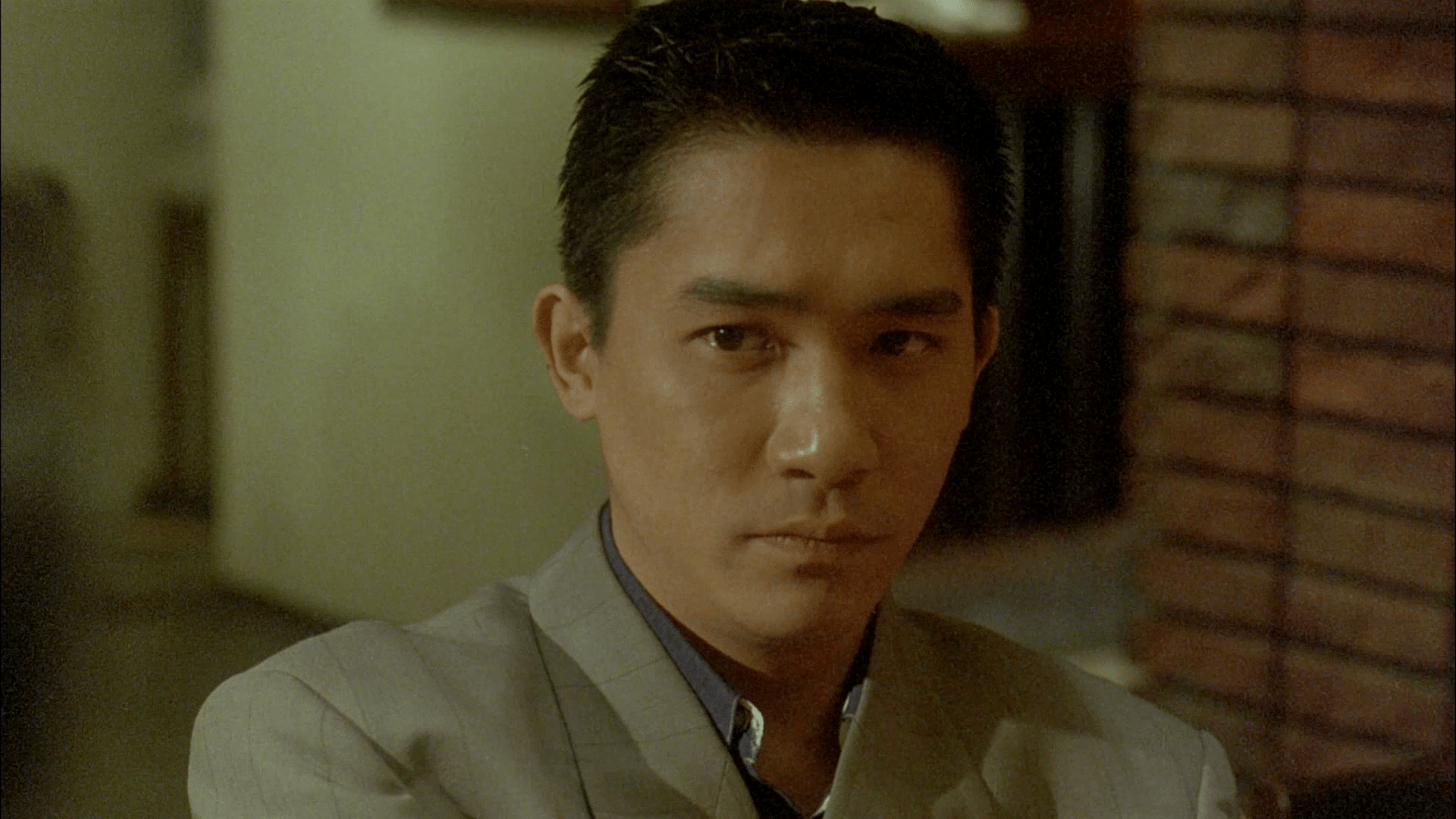
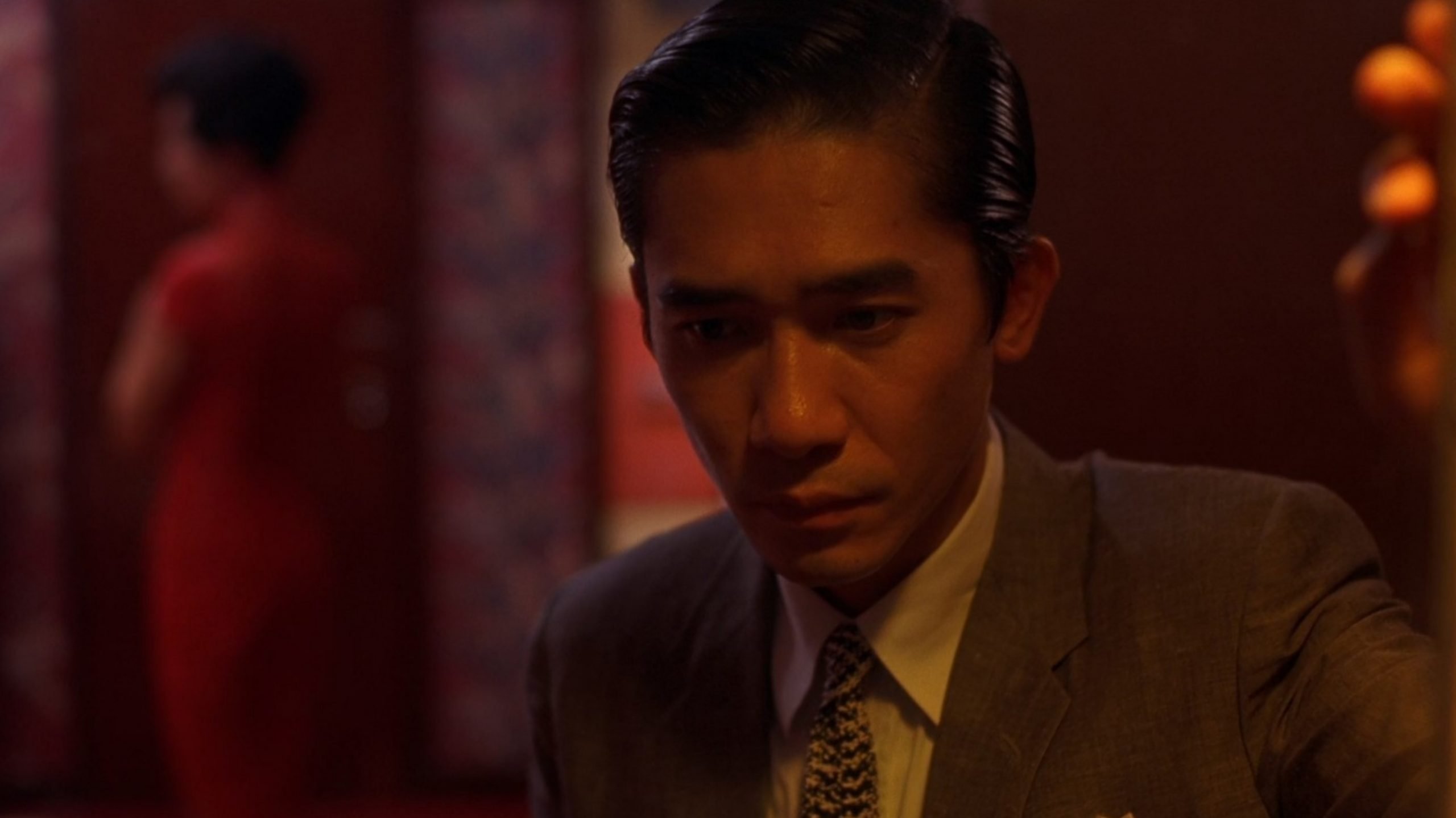
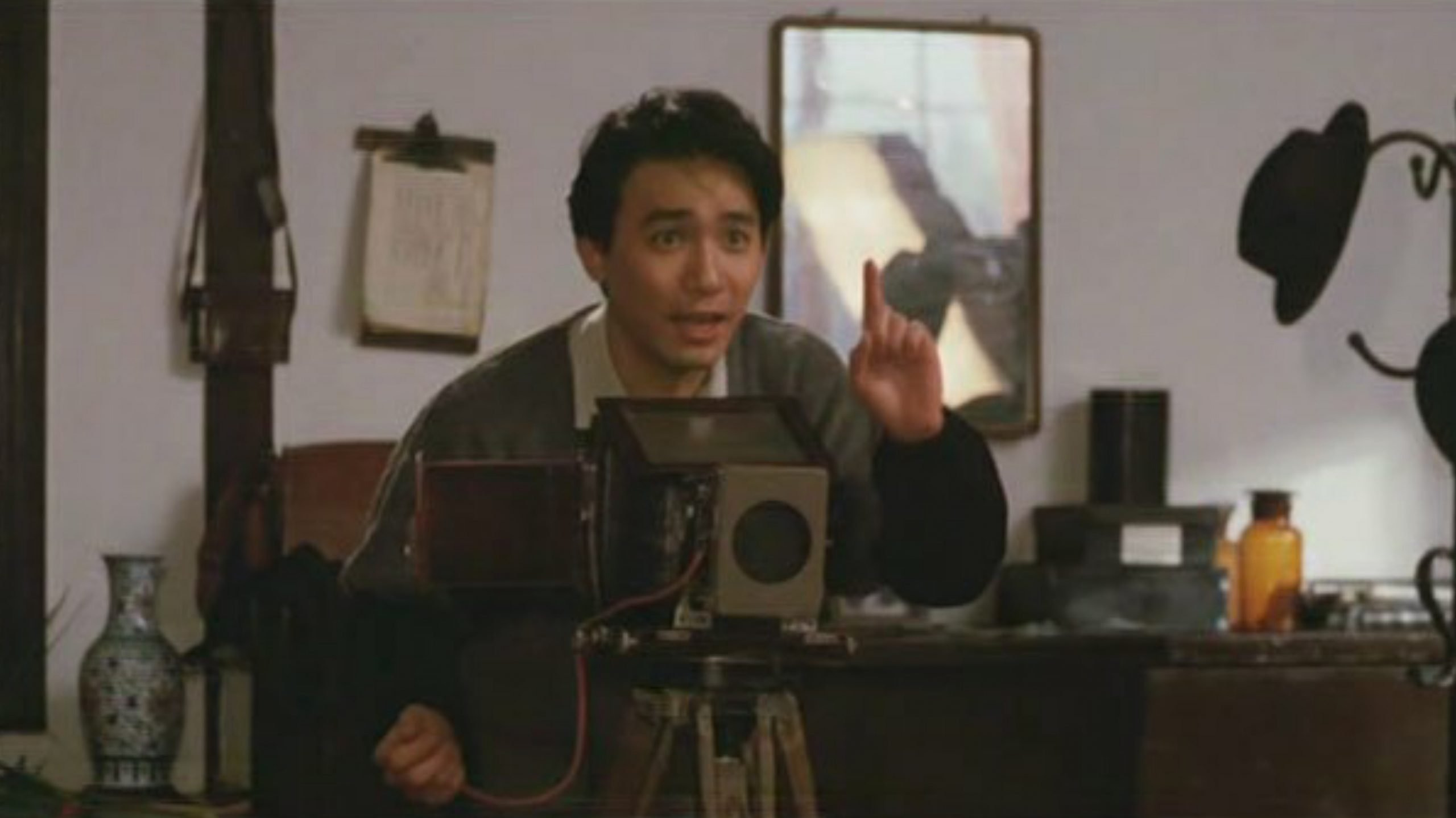
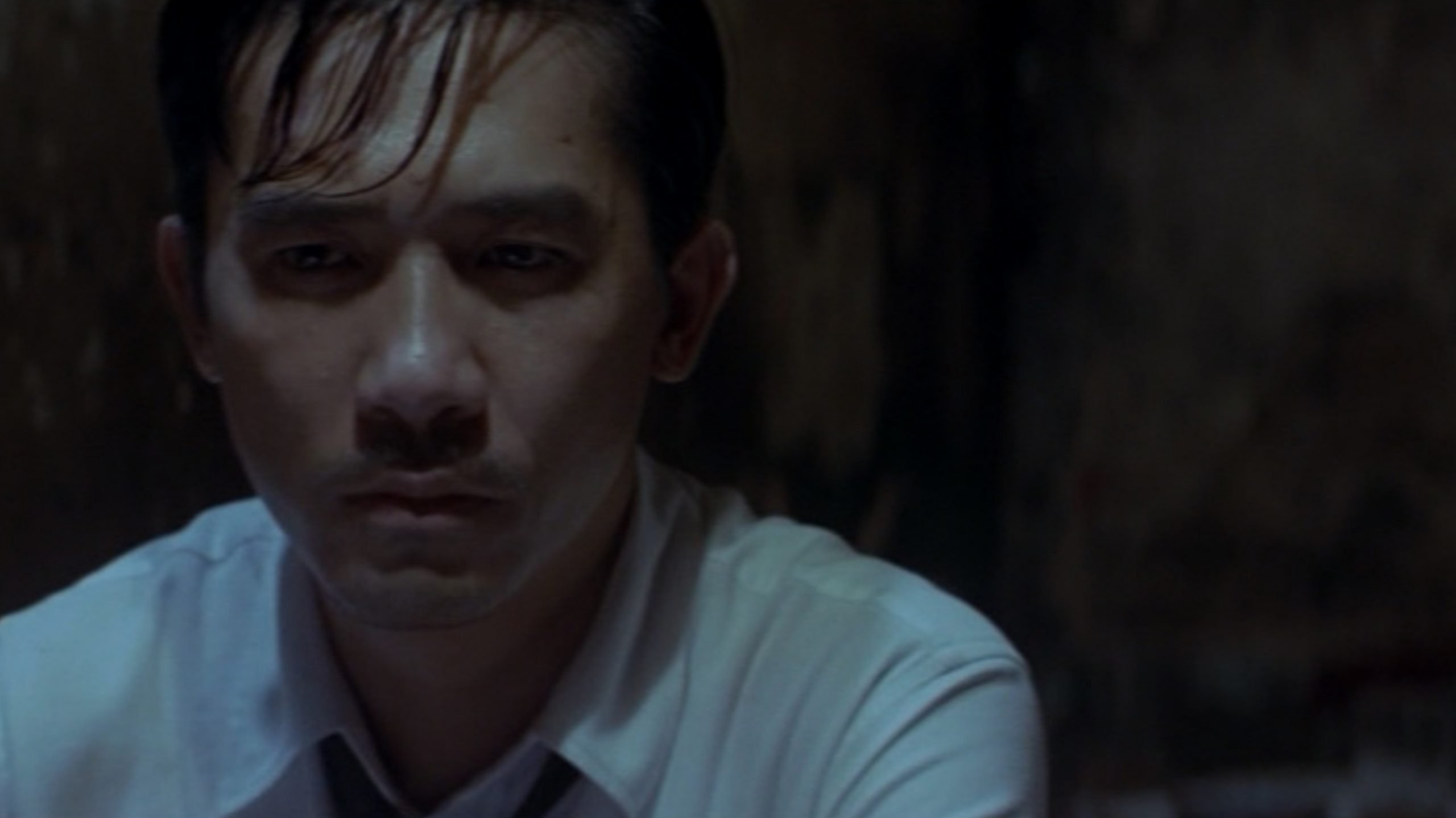
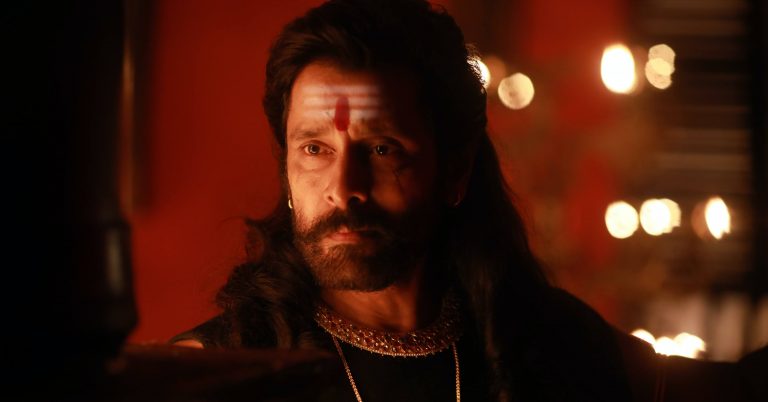
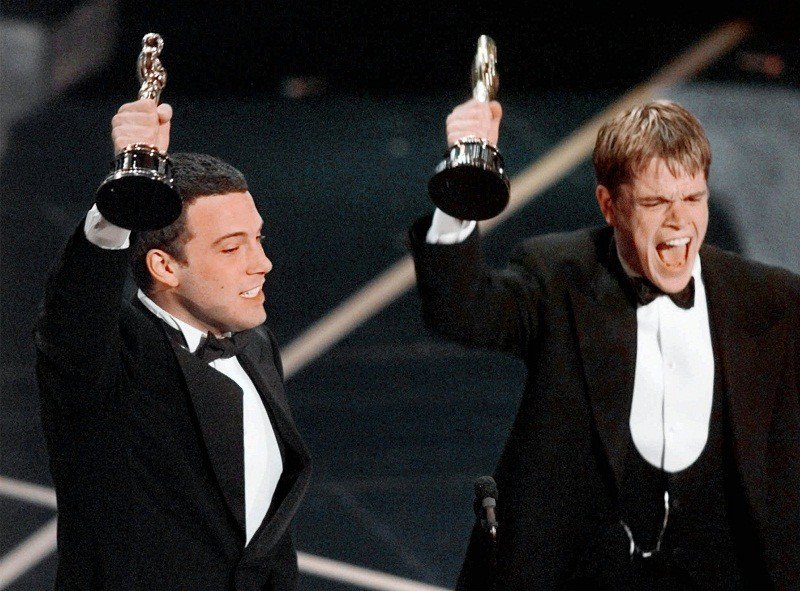
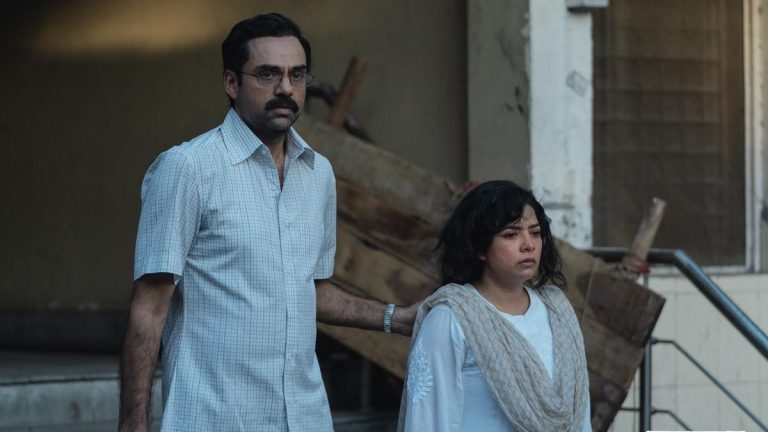
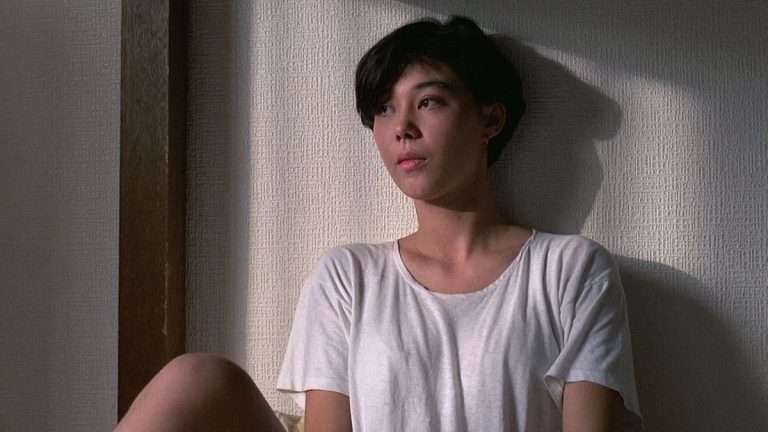
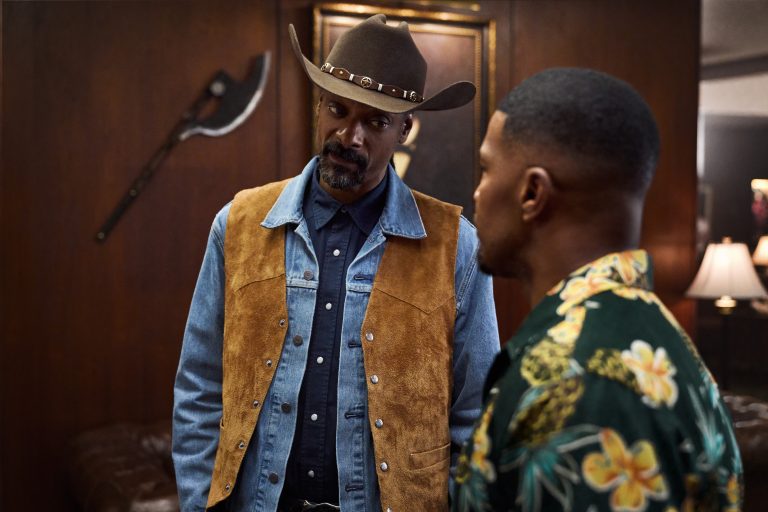
![Maze Runner: The Scorch Trials (2015) Movie Review: Not as W[i]CK[e]D as it seems!](https://79468c92.delivery.rocketcdn.me/wp-content/uploads/2015/09/Hypable-First-look-at-The-Maze-Runner-sequel-The-Scorch-Trials-888x456.jpg)